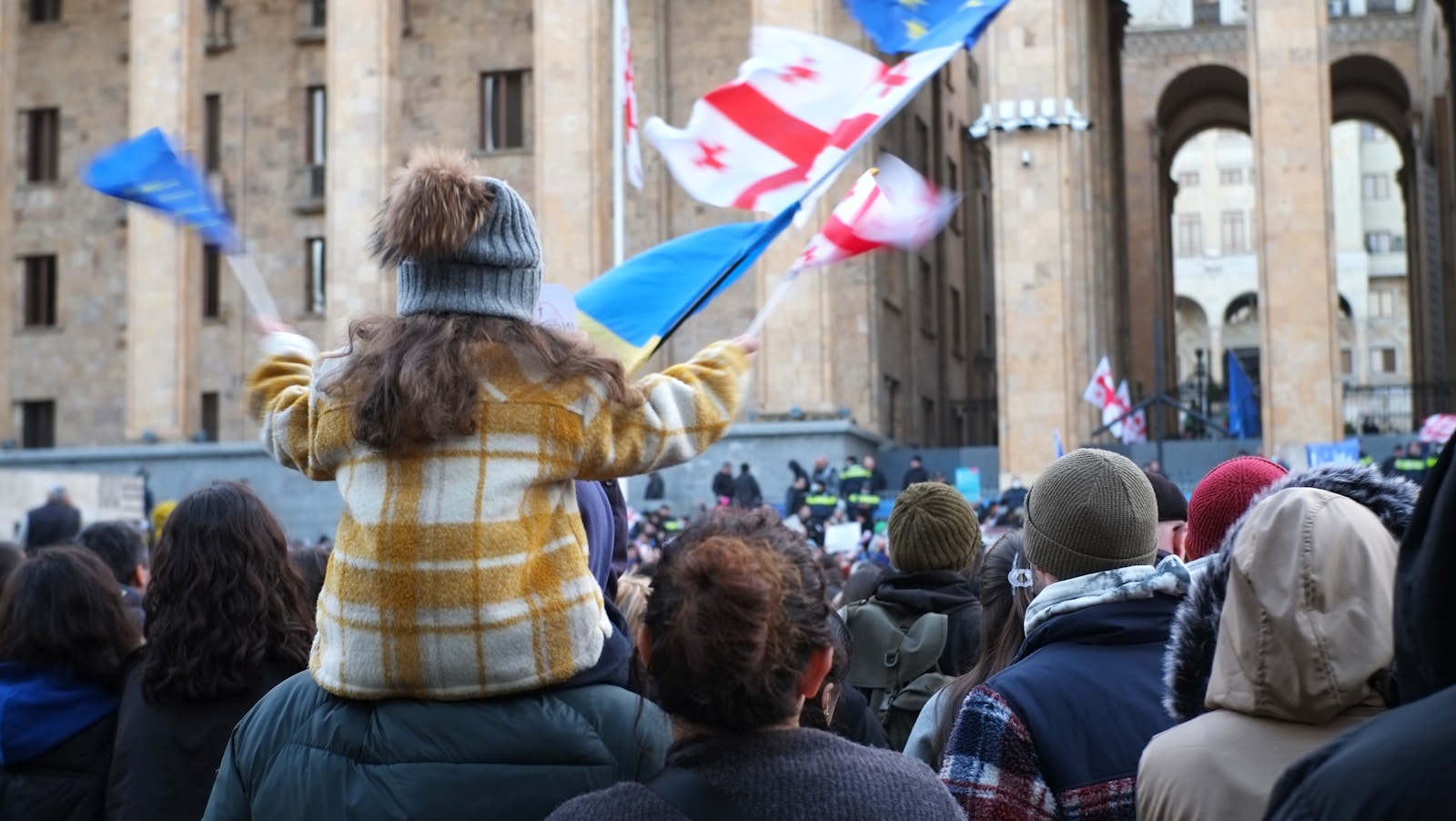Recent events in Georgia have cast a shadow over the country’s European ambitions, as Prime Minister Irakli Kobakhidze, widely criticized for his alleged ties to Moscow, announced the suspension of EU accession talks until 2028. This move has provoked public outrage and renewed fears that the Georgian government is veering away from its democratic aspirations and into the orbit of Russian influence.
A Familiar Kremlin Playbook
Russia’s actions in Georgia mirror the strategies it deployed in Ukraine prior to its full-scale invasion in 2022. In both cases, Moscow has used political proxies, economic leverage, and propaganda to undermine pro-European movements and foster instability. In Ukraine, this culminated in the annexation of Crimea in 2014 and the support of separatist movements in the Donbas region. Similarly, Russia has maintained a foothold in Georgia by occupying Abkhazia and South Ossetia since the 2008 war, effectively freezing Georgia’s territorial integrity and creating a pressure point to deter its Western ambitions.
Just as Moscow exploited divisions within Ukraine to weaken its democracy, it is accused of employing the same tactics in Georgia. By supporting Georgian Dream and its founder Bidzina Ivanishvili—often criticized as a Kremlin ally—Russia has found a way to indirectly control the country’s political trajectory. This strategy aims to keep both nations in a state of perpetual instability, making their integration into Western institutions like the EU or NATO far more difficult.
EU Talks Suspended Amidst Accusations
On November 28, 2024, Prime Minister Kobakhidze declared that Georgia would freeze its EU membership discussions, citing dissatisfaction with what he described as “blackmail and manipulation” by European leaders. Adding fuel to the fire, Kobakhidze also announced that the government would reject EU grants until 2028, opting instead to focus on internal reforms aimed at joining the bloc by 2030.
This decision has been met with widespread criticism, not only from opposition leaders and civil society but also from the European Union itself. EU Ambassador to Georgia Pawel Herczynski labeled the move “heartbreaking,” pointing out that the overwhelming majority of Georgians—around 80%, according to recent polls—favor EU membership.
Public Outcry and Crackdown on Protests
The announcement triggered massive protests in Tbilisi and other cities, with thousands of demonstrators rallying under the slogan “Europe is Our Future.” These protests were a stark reminder of the Georgian people’s pro-European sentiments, enshrined in the country’s constitution.
However, the government’s response was severe. Police deployed tear gas, water cannons, and pepper spray to disperse protesters, drawing condemnation from international observers. Many have noted that the government’s heavy-handed tactics are reminiscent of Russian-style crackdowns on dissent.
European Disappointment
The EU’s disappointment has been palpable. European officials have underscored that Georgia’s decision runs counter to the aspirations of its people and undermines years of progress toward integration. Pawel Herczynski warned that turning away from EU membership risks isolating Georgia internationally and strengthening authoritarian tendencies at home.
What Lies Ahead?
The suspension of EU talks represents a critical juncture for Georgia. On one side is the will of the Georgian people, who have consistently voiced their desire for European integration. On the other is a government increasingly accused of prioritizing the Kremlin’s interests over its citizens’.
For Georgia, the stakes could not be higher. As the country stands at this crossroads, its actions will determine whether it secures a future rooted in democracy and European values—or becomes another pawn in Russia’s quest to reassert dominance over its neighbors.





